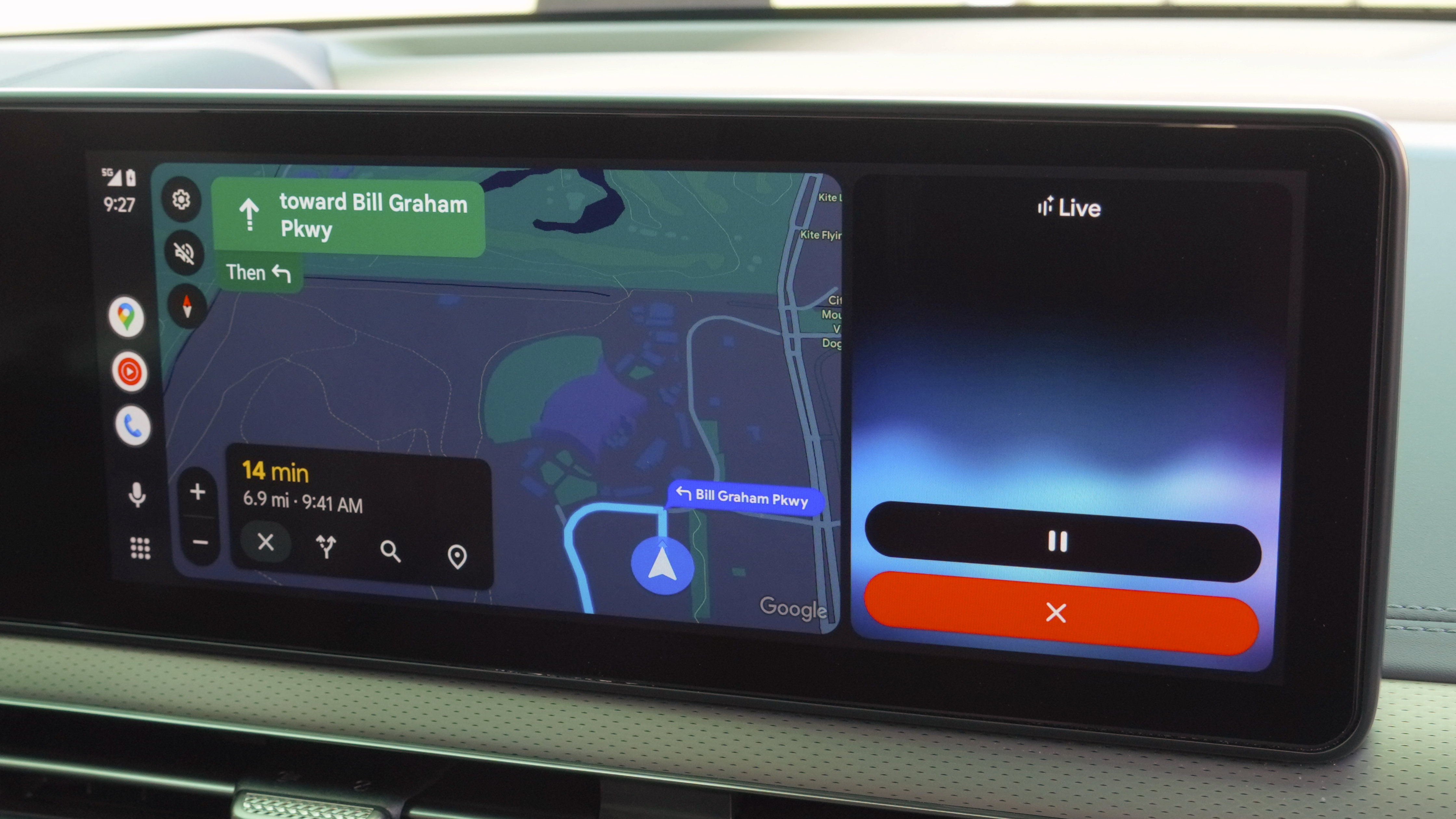FBI looking at your phone's lock screen without a warrant deemed unconstitutional

What you need to know
- A district judge has ruled that even switching on a phone to look at its lock screen constitutes a search.
- As such, a law enforcement agency cannot do it without a search warrant.
- This is different from a police officer looking at your phone at the scene of a crime or inquiry, however.
A Seattle district judge has ruled that turning on a phone's lock screen during the course of an investigation constitutes a search, and as such requires a warrant to be lawful.
As reported by Ars Technica:
A man from Washington state was arrested in May 2019 and was indicted on several charges related to robbery and assault. The suspect, Joseph Sam, was using an unspecified Motorola smartphone. When he was arrested, he says, one of the officers present hit the power button to bring up the phone's lock screen. The filing does not say that any officer present attempted to unlock the phone or make the suspect do so at the time.In February 2020, the FBI also turned the phone on to take a photograph of the phone's lock screen, which displayed the name "Streezy" on it. Sam's lawyer filed a motion arguing that this evidence should not have been sought without a warrant and should therefore be suppressed.
The judge in the case agreed that the actions of the police and the FBI in the case were separate issues. Whilst the police are permitted to search without a warrant under some circumstances, the FBI is not. The judge's ruling stated:
"Here, the FBI physically intruded on Mr. Sam's personal effect when the FBI powered on his phone to take a picture of the phone's lock screen."
The judge concluded that this would constitute a search under the United States' Fourth Amendment, as such, the FBI conducting the search without a warrant was unconstitutional. According to the report, government lawyers argued that the suspect "should have had no expectation of privacy on his lock screen", because that's what everyone is supposed to see when they try to access your phone. However, the judge said that a suspect's reasonable expectation of privacy didn't even need to be considered where "the government gains evidence by physically intruding on a constitutionally protected area."
You can read the full ruling here.
Get the latest news from Android Central, your trusted companion in the world of Android

